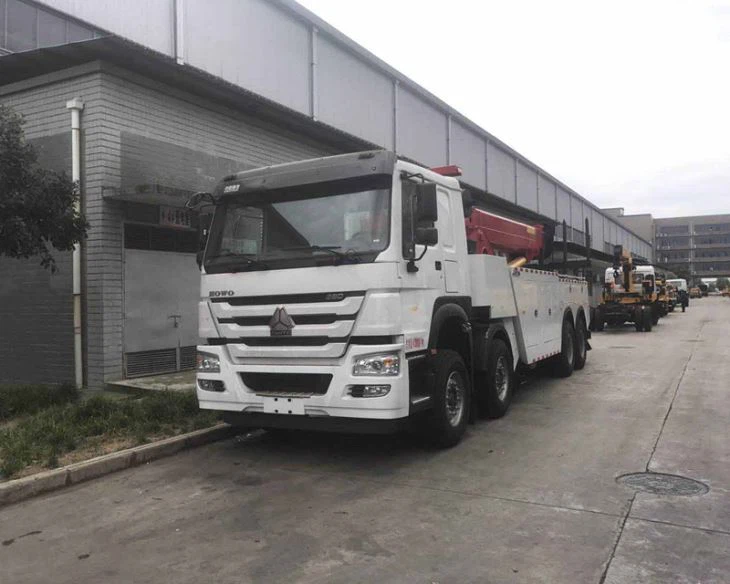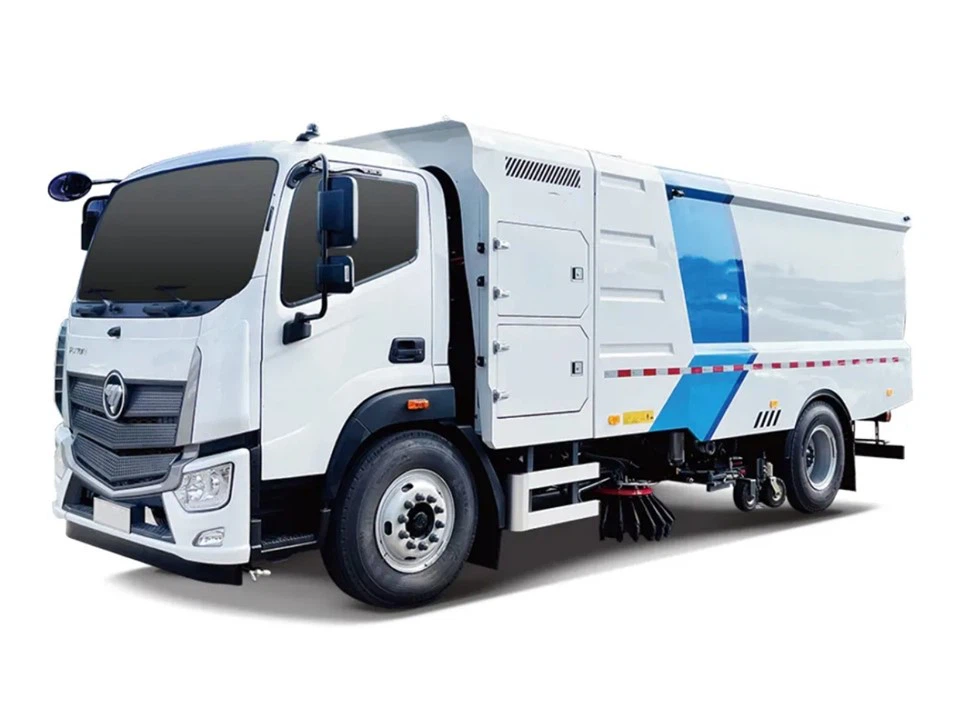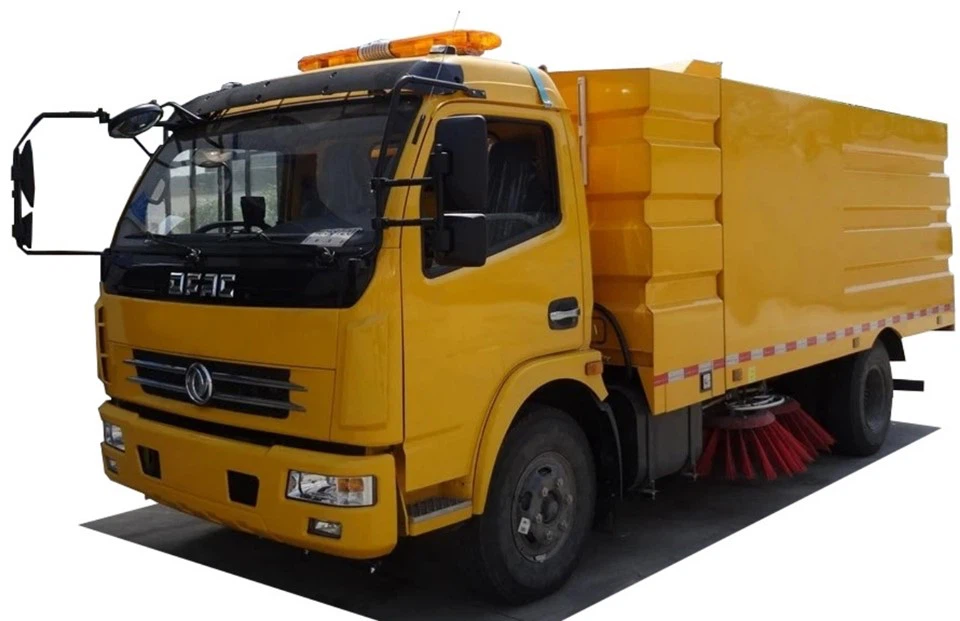Everything You Need to Know About Special Vehicles

Introduction
Special vehicles are an essential part of various industries, enhancing efficiency and safety in tasks that standard vehicles cannot handle. From emergency response vehicles to construction machines and recreational vehicles, the term “special vehicle” encompasses a wide range of unique and specialized functionalities. This article will provide a comprehensive overview of what constitutes a special vehicle, the different types available, their uses across various sectors, and practical considerations for buyers and users.
What is a Special Vehicle?
A special vehicle is defined as any vehicle that has been modified or designed for specific purposes beyond standard automotive use. These vehicles often come equipped with unique features or adaptations that make them suitable for specific tasks, environments, or industries.
Characteristics of Special Vehicles
- Unique Design: Special vehicles typically have customized designs to meet particular functional requirements.
- Advanced Technology: Many special vehicles incorporate advanced tech features, including medical equipment, specialized lifting devices, or communication systems.
- Durability: These vehicles are often built to withstand harsh conditions found in specialized work environments.
- Compliance: Special vehicles often require adherence to specific regulations or standards in their respective fields.
Types of Special Vehicles
The market for special vehicles is vast, incorporating a variety of different types, each catering to unique needs. Below are some of the most common categories:
1. Emergency Response Vehicles
Emergency response vehicles include ambulances, fire trucks, and police vehicles, equipped with necessary tools for quick response in emergencies.
Ambulances
Ambulances are specially designed to transport patients while providing immediate medical care. They typically include medical equipment such as stretchers, oxygen supplies, and advanced communication devices for seamless connection with medical teams.
Fire Trucks
Fire trucks are specialized vehicles equipped with firefighting equipment such as hoses, axes, and water tanks. They also include emergency lights and sirens for quick deployment.
Police Vehicles
Police vehicles are modified for law enforcement, featuring advanced surveillance systems and holding cells. They also have robust communication systems to coordinate operations with other law enforcement agencies.
2. Construction Vehicles
Construction vehicles play a crucial role in building and infrastructure projects, including excavators, bulldozers, and cranes.
Excavators
Excavators are powerful machines used for digging and demolition. They have a rotating cabin and can be equipped with various attachments for different tasks.
Bulldozers
Bulldozers are designed for pushing large quantities of materials and leveling surfaces. Their large blades can move soil, rubble, and debris efficiently.
Cranes
Cranes are essential for lifting heavy materials to great heights. They come in various forms, including mobile, tower, and overhead cranes, depending on the construction site’s needs.
3. Agricultural Vehicles
Agricultural vehicles are tailored for farming tasks. Common examples include tractors, combine harvesters, and plows.
Tractors
Tractors are versatile vehicles that can be fitted with various attachments for tasks such as plowing, tilling, and transporting goods. They are a staple in modern farming operations.
Combine Harvesters
Combine harvesters efficiently harvest crops by combining different harvesting processes into one machine. They are essential for maximizing productivity during the harvest season.
4. Recreational Vehicles (RVs)
Recreational vehicles, such as motorhomes and campers, are designed for leisure and travel, providing comfort and amenities for travelers.
Motorhomes
Motorhomes are mobile homes built on vehicle chassis, offering living amenities such as kitchens, bathrooms, and sleeping areas. They are perfect for road trips and camping adventures.
Campers

Campers are smaller RVs that can be towed behind a truck or vehicle. They provide essential sleeping and cooking facilities without the bulk of a full motorhome.
5. Military Vehicles
Military vehicles serve various purposes, including transport, reconnaissance, and combat operations. They are built to endure challenging environments.
Armored Personnel Carriers (APCs)
APCs are designed to transport troops safely in hostile environments, often equipped with defenses against gunfire and explosives.
Tanks
Tanks are heavily armored combat vehicles designed for offensive and defensive operations on the battlefield. They are equipped with powerful weapons systems.
6. Specialized Delivery Vehicles

Specialized delivery vehicles are modified for transporting unique goods, such as temperature-sensitive medical supplies or large freight.
Refrigerated Delivery Trucks
Refrigerated delivery trucks maintain specific temperatures to transport perishable goods like food and pharmaceuticals, ensuring they remain safe and effective.
Flatbed Trucks
Flatbed trucks are used for carrying oversized cargo. Their open trailer design makes loading and unloading easier for heavy or bulky items.
Choosing the Right Special Vehicle
When considering the purchase or use of a special vehicle, it is essential to evaluate several factors to ensure you select the right one:
1. Identify Needs and Purpose
Before purchasing a vehicle, clearly define its intended use. Identify the tasks you expect to accomplish and any challenges you might face in your particular environment.
2. Budget Considerations
Special vehicles can be a significant investment. Determine your budget, taking into account not just the purchase price but also maintenance, insurance, and operating costs.
3. Research and Compare
Research available options and compare models based on features, durability, performance, and user reviews. Visit dealerships and manufacturers to gather firsthand information.
4. Safety and Compliance

Ensure that the vehicle adheres to safety regulations and standards specific to your industry. Check for certifications and compliance with local, state, and federal laws.
5. Test Drive
If possible, take the special vehicle for a test drive to assess its performance, handling, and comfort before making any commitments.
6. Resale Value
Consider the vehicle’s resale value over time. Certain special vehicles, especially those with a solid reputation for reliability, retain their value better than others.
Practical Tips for Using Special Vehicles
Using special vehicles comes with its unique set of challenges and best practices. Here are some practical tips:
1. Regular Maintenance
Implement a regular maintenance schedule to ensure the vehicle operates efficiently. This includes checking fluid levels, changing oils, and performing inspections on specialized equipment.
2. Training and Safety Protocols
Ensure that operators are adequately trained in the use and operation of special vehicles. Implement safety protocols to minimize the risk of accidents and injuries.
3. Vehicle Storage
Store special vehicles in well-maintained and secure facilities to protect them from harsh environmental conditions and theft.
4. Monitor Performance
Keep track of the vehicle’s performance, noting any irregularities. Early detection of issues can prevent costly repairs down the line.
5. Keep Records
Maintain precise records of usage, maintenance, and repairs. This can help with resale value and provide important data for effective vehicle management.
FAQ Section
What are some examples of special vehicles?
Examples include ambulances, fire trucks, construction equipment like bulldozers and excavators, RVs, and military tanks.
How can I choose the right special vehicle for my needs?
Start by assessing your requirements, setting a budget, researching options, and comparing features. It’s also beneficial to take a test drive.
Are special vehicles more expensive to maintain?
Yes, special vehicles often require specialized maintenance and parts, which can make them more expensive to maintain compared to regular vehicles.
Do I need special training to operate a special vehicle?
Yes, operating special vehicles typically requires specific training to ensure safe and effective use, especially for complex machinery like cranes or excavators.
What regulations exist for special vehicles?
Regulations vary by type and use but generally include safety, emissions, and operational compliance specific to the industry and location.
Can I modify a standard vehicle to make it special?
Yes, many standard vehicles can be modified with specialized equipment or features to suit particular tasks, but it’s crucial to ensure compliance with safety regulations.
